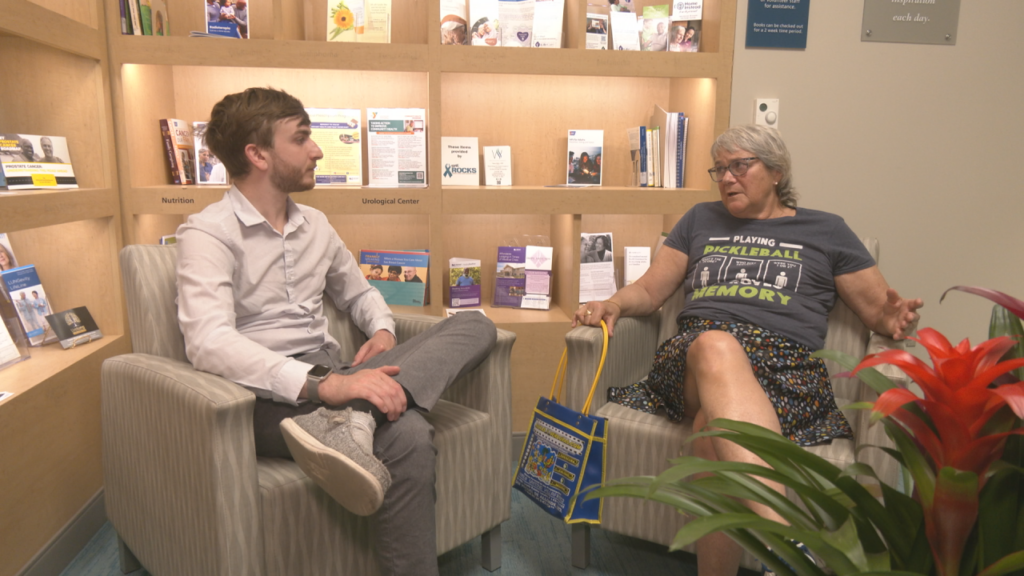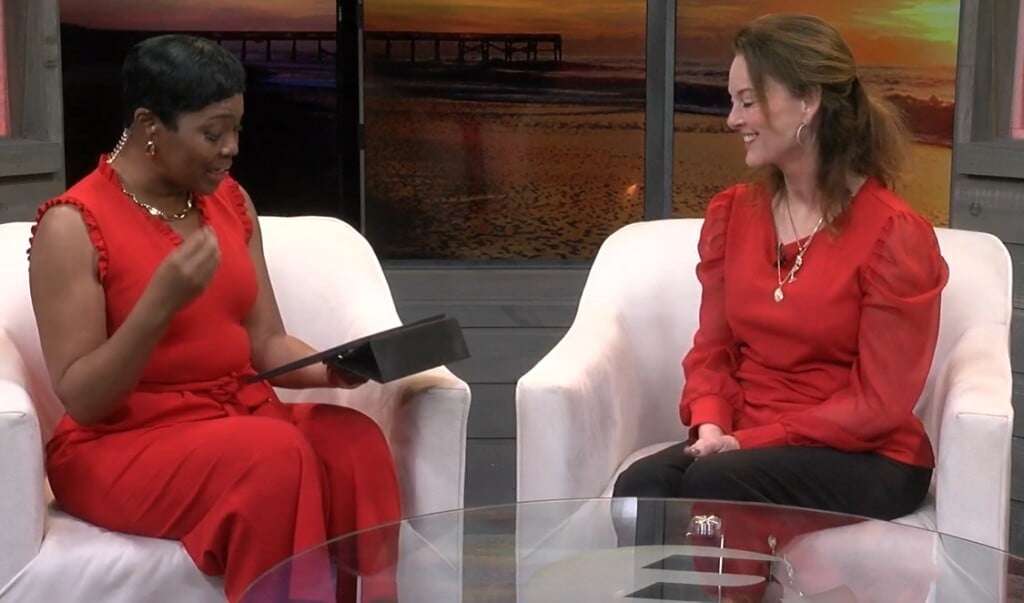Colon cancer survivor shares her story during Colorectal Cancer Awareness Month

WILMINGTON, NC (WWAY) — March is Colorectal Cancer Awareness Month, and we’re taking the time to highlight a local navy veteran who’s hoping her story will inspire others to get checked.
After surviving cervical cancer and later breast cancer in 2007, 30-year navy veteran Valerie Riege thought her battle with cancer was over.
But in 2023, she began having some blood spotting and severe abdominal pain while on a ski trip in Colorado. She said at the time, she didn’t think much of it.
“I thought man do I have stomach virus, or am I eating bad food, you know, like food poisoning? So I went to bed, and then in the middle of the night it was like raging pain,” Riege recalled.
But after a short stay at a hospital in Denver, doctors found nothing wrong.
It wasn’t until three months later at Novant Health New Hanover Regional Medical Center that her doctor found a polyp in her intestine after a colonoscopy. Testing showed that it was stage 3 colon cancer.
“I thought ‘nah, it’s just a little hemorrhoid, you get a little older, maybe you got a hemorrhoid, that’s not the case. If you have symptoms, you need to get them checked out,” Riege said.
Riege underwent six months of chemo therapy, losing 18 inches of her intestine in the process. She attributes her survival to early detection, and her ability to keep track of her medical history.
She recommends that anyone keep a diary documenting their weight, blood pressure, and conversations at every doctor’s appointment.
“I have notebooks that go back to 1998,” she said.
Dr. Sarah Fox with Novant Health said colorectal cancer is appearing in younger people than previously. The suggested age to get screened is now down from age 50 to 45.
As for things you can do to reduce your risk, Fox said you should limit your intake of energy drinks, alcohol, and highly processed foods. Also be sure to eat foods high in fiber and get plenty of exercise.
Fox added getting screened regularly can often prevent the cancer from starting in the first place.
“Polyps are what turn into cancer if we leave them for long periods of time. If you have a colonoscopy and have those polyps are removed, that removes your risk for that polyp to turn into cancer,” she explained.
As for Riege, she said the experience taught her to live every day to the fullest.
“You got to go through all this toxic stuff that they put into your veins to try and keep you alive; but at the end of the day, I’m alive, kicking, and this time I’m saying I’m never having cancer again,” she said.




